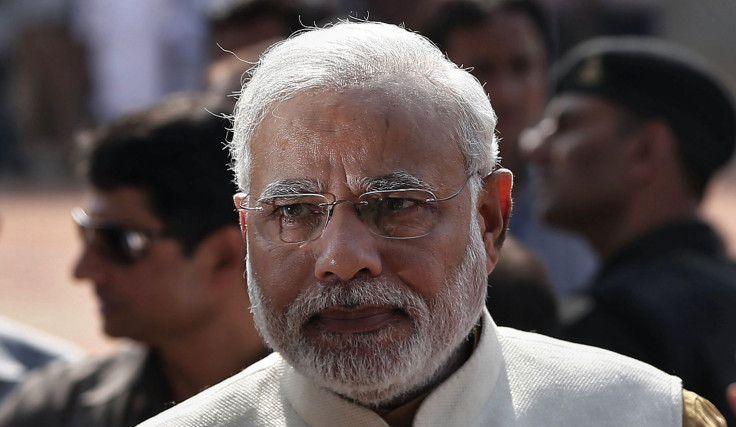Obama's Former Aide Calls For Softer Stance On India's Modi As China Forecasts Stronger Ties With Subcontinent Under 'India's Nixon'

A former senior aide to U.S. President Barack Obama has called for a softening of the country’s stance on India’s prime minister-designate Narendra Modi, while a Chinese government think tank welcomed Modi by calling him "India's Nixon" and expressed hopes of an improvement in business ties between the two Asian economies.
Anish Goel, who advised Obama on regional issues as senior director for South Asia in the White House's National Security Council for three years, said that the relationship between a Modi-led Indian government and the U.S. could improve over the coming years, and urged that the issue over Modi’s visa be dropped.
"The United States has already taken the first step by inviting Modi to visit Washington, which was absolutely the correct thing to do following the BJP's election victory," Goel said, according to Press Trust of India, adding: "The important thing now is that the United States is ready to put the decision behind it and move forward. India should too," referring to the U.S. State Department's decision in 2005 to revoke Modi's visa.
Modi was criticized by various Western governments, including the U.S., for his handling of communal riots in his home state of Gujarat in 2002. But, in the months leading up to India's elections, many foreign delegates met with him as a win for his Bharatiya Janata Party became an increasingly probable outcome. And, last week, after the Modi-led BJP swept to power in a landslide victory, Washington officially congratulated him and invited him to the White House.
Meanwhile, Liu Zongyi, a Chinese government expert at the Shanghai Institute for International Practices, expressed hope in a note that Modi could bring China and India -- which have fought a war and are seen as geopolitical rivals in the region -- closer.
“The Sino-Indian border issue was generated under the leadership of then Congress leader Jawaharlal Nehru, Modi and the BJP have no historical burden over this, which may help solve the thorny issue,” Liu wrote in the Global Times on Monday, adding: "The new prime minister will boost India's infrastructure and manufacturing, and then there will be myriad of opportunities for Chinese enterprises. As a right-winger in Indian politics, Modi is more likely to become India's "Nixon" who will further propel the China-India relationship.”
In 1972, former president Richard Nixon visited China to improve ties with a communist nation during the Cold War, and his visit, which came to be known as "the week that changed the world," is credited with reopening dialog between the two countries that had been at odds with each other for decades.
Modi, who is expected to hand over his post as chief minister of the western state of Gujarat soon, and take over as India's prime minister on Monday, has visited China three times and his government in Gujarat has signed an agreement with a Chinese company to set up power plants worth nearly $68 million in the state.
© Copyright IBTimes 2025. All rights reserved.






















